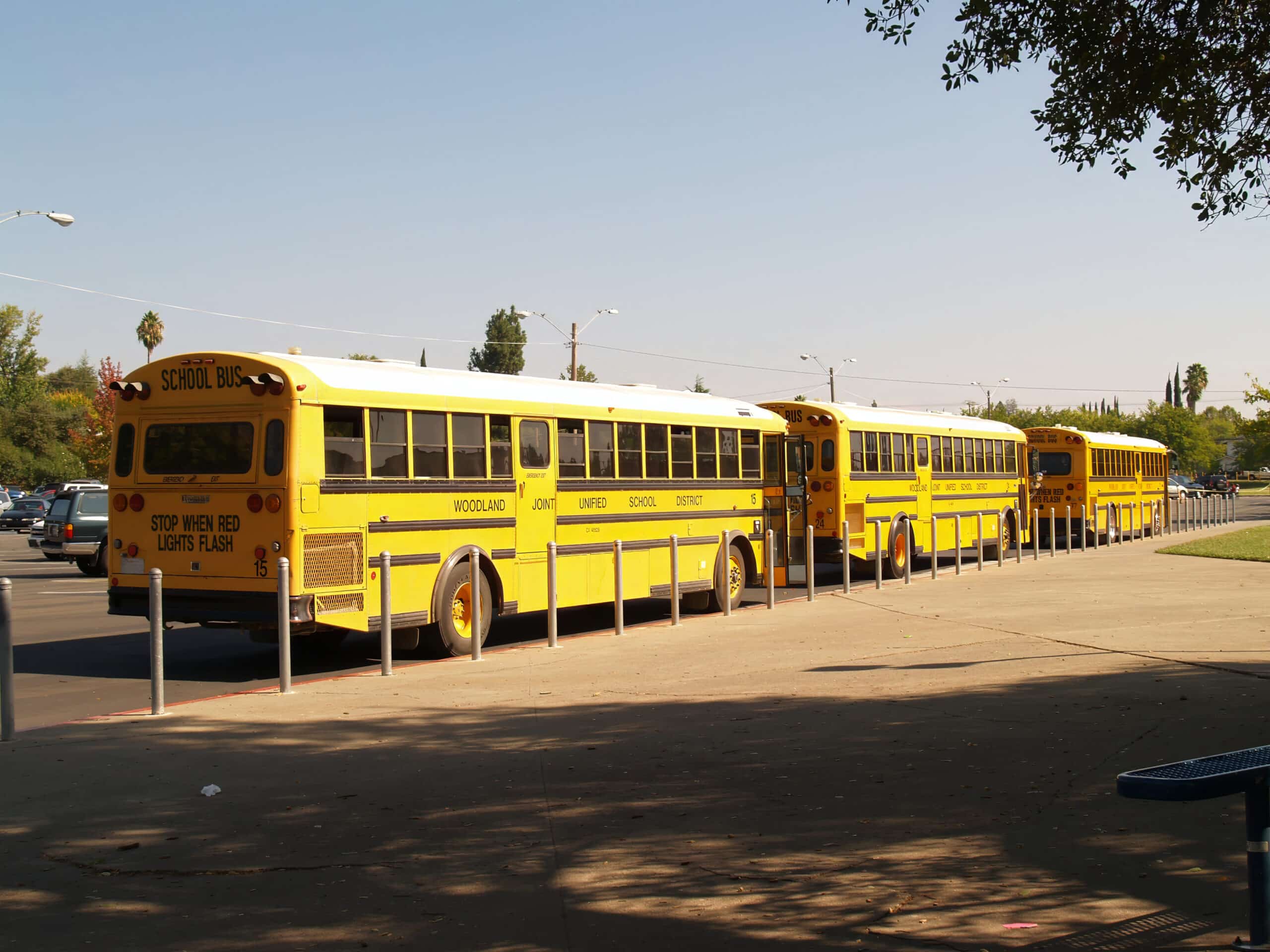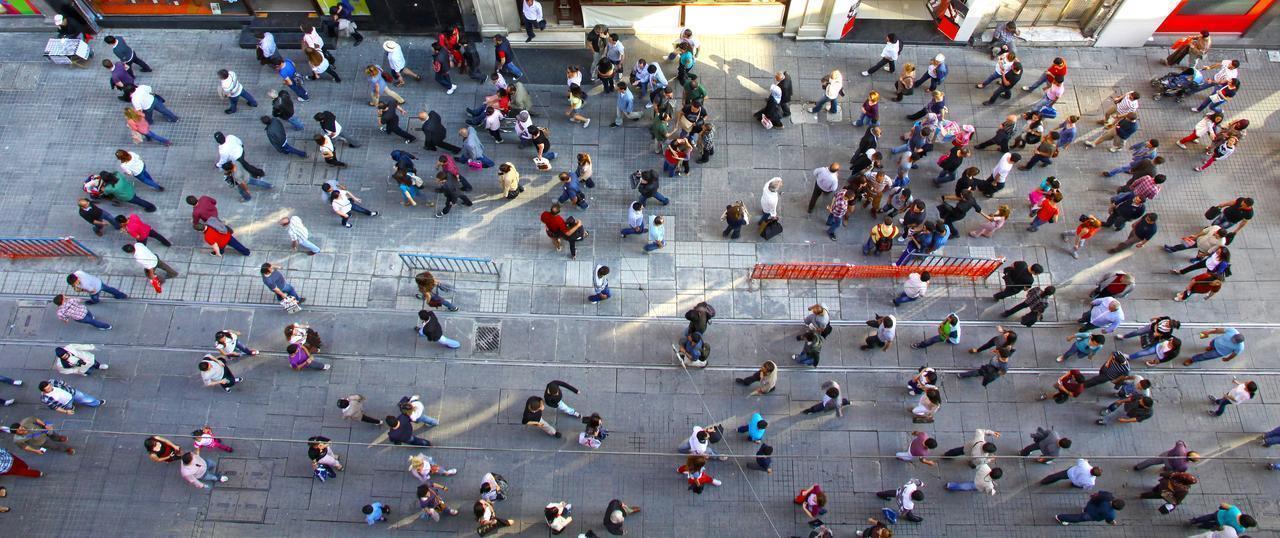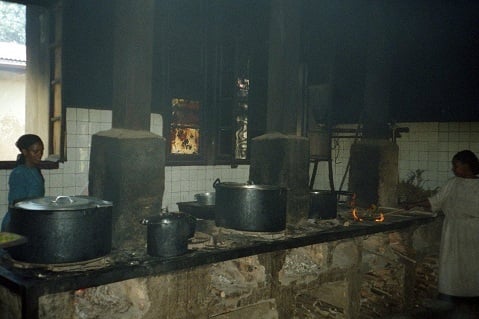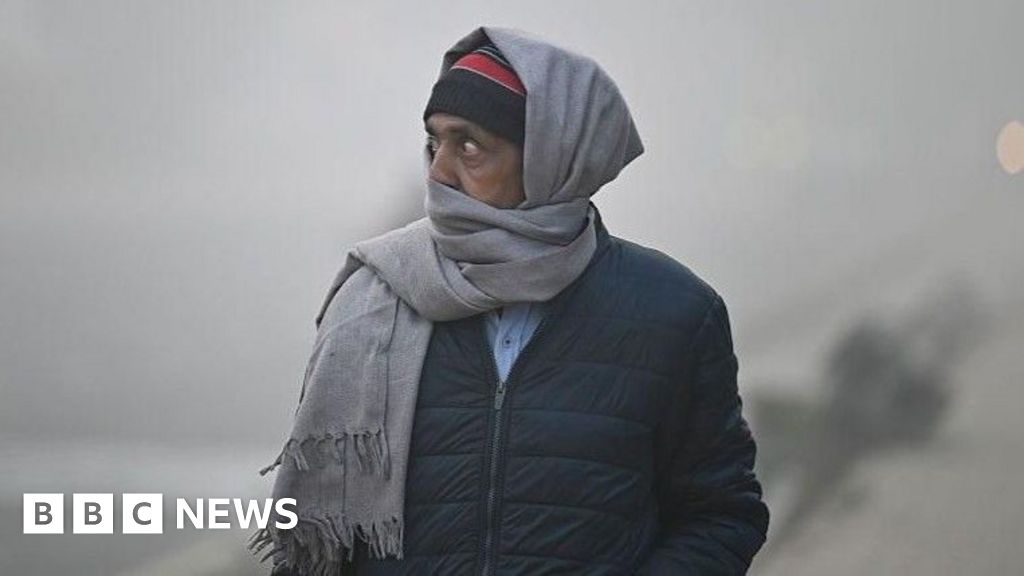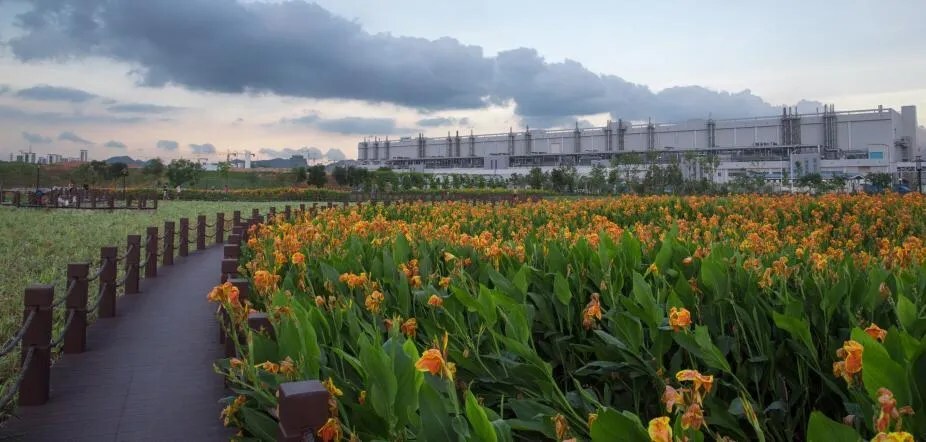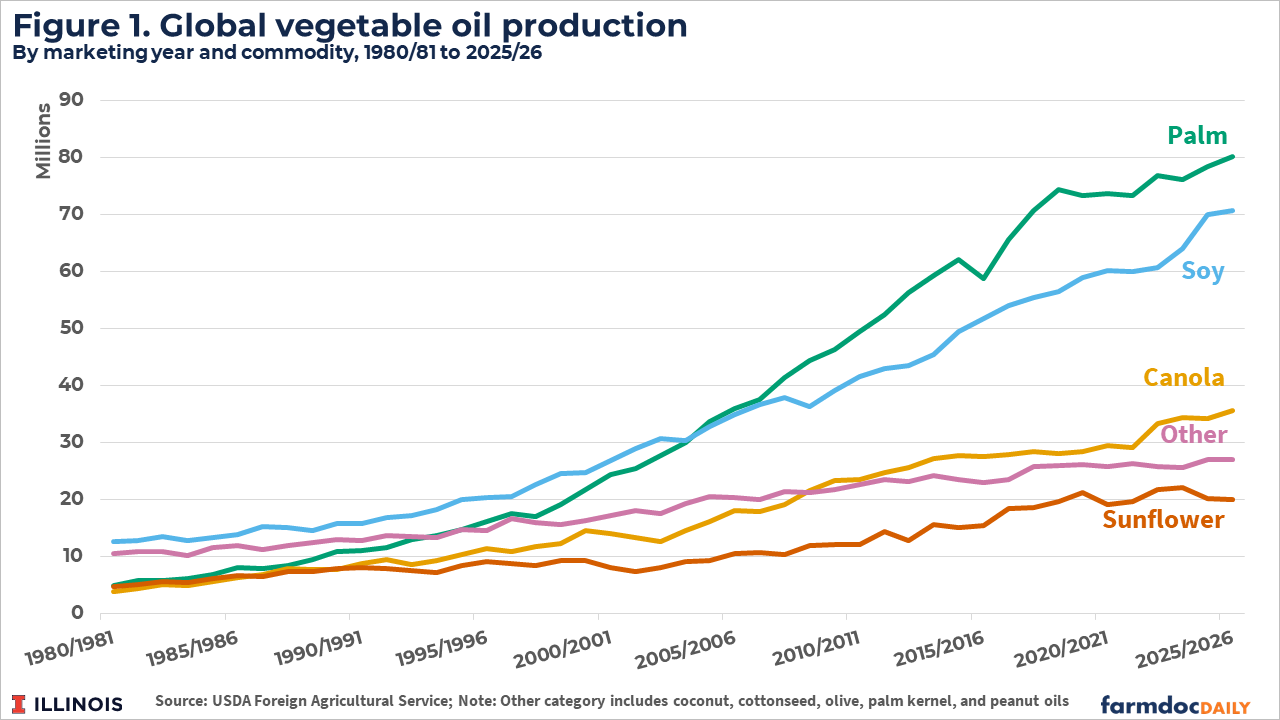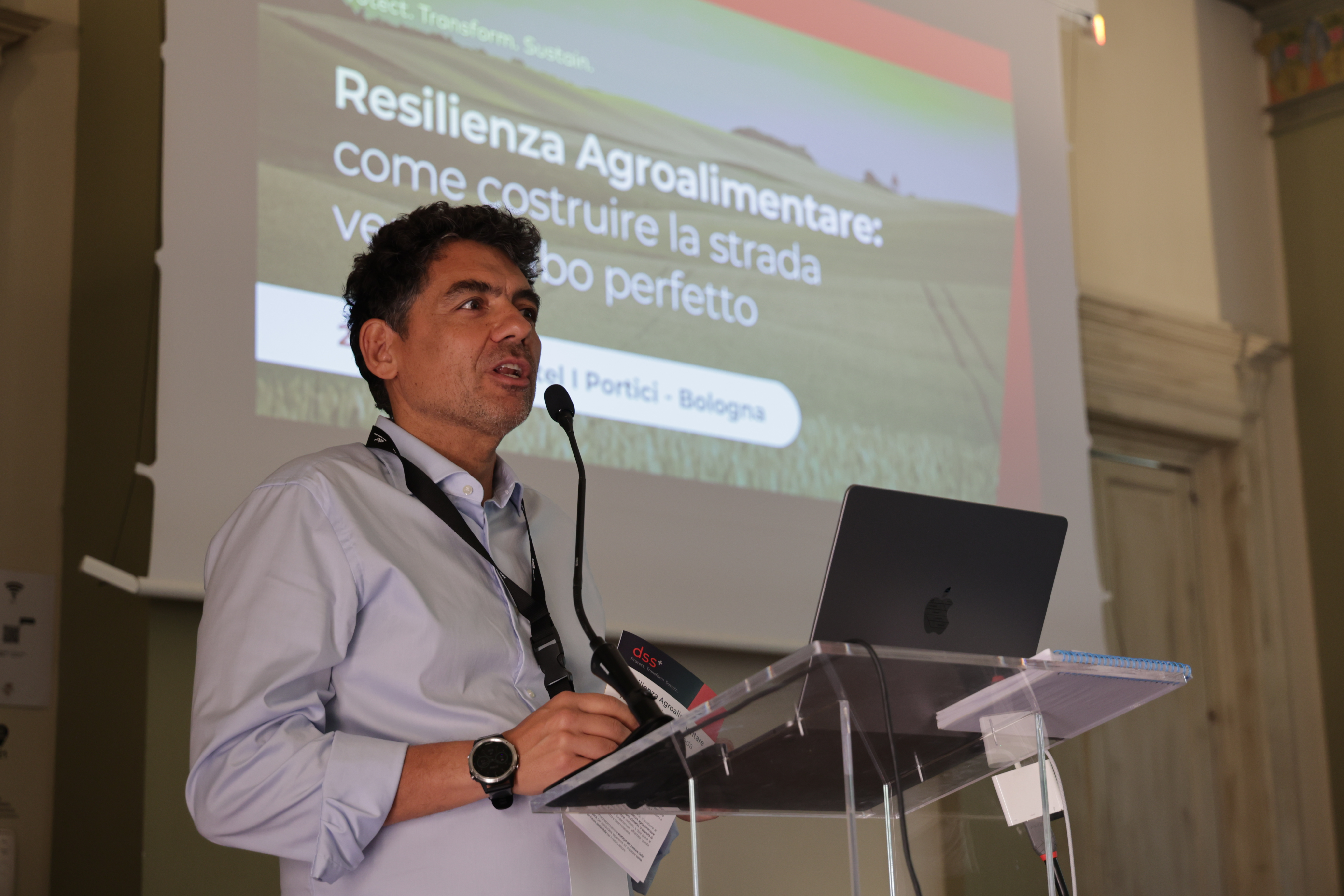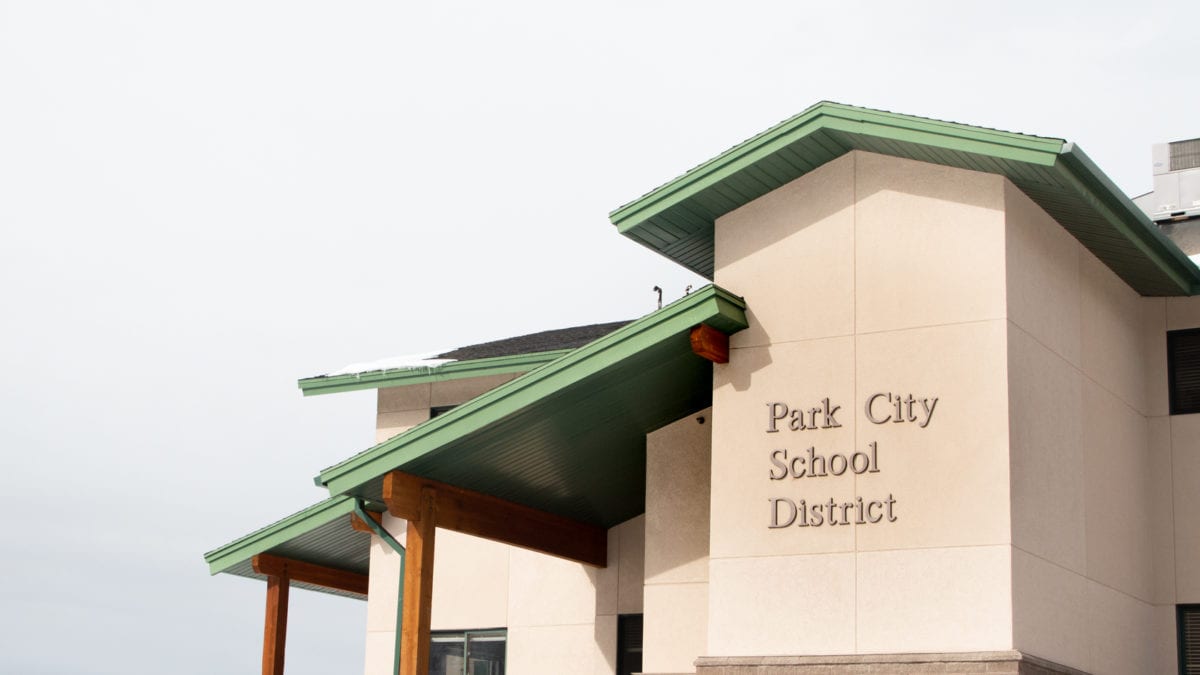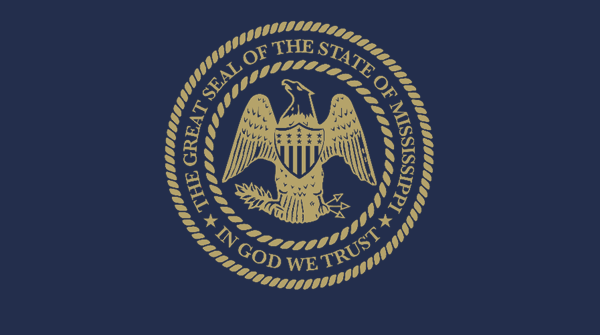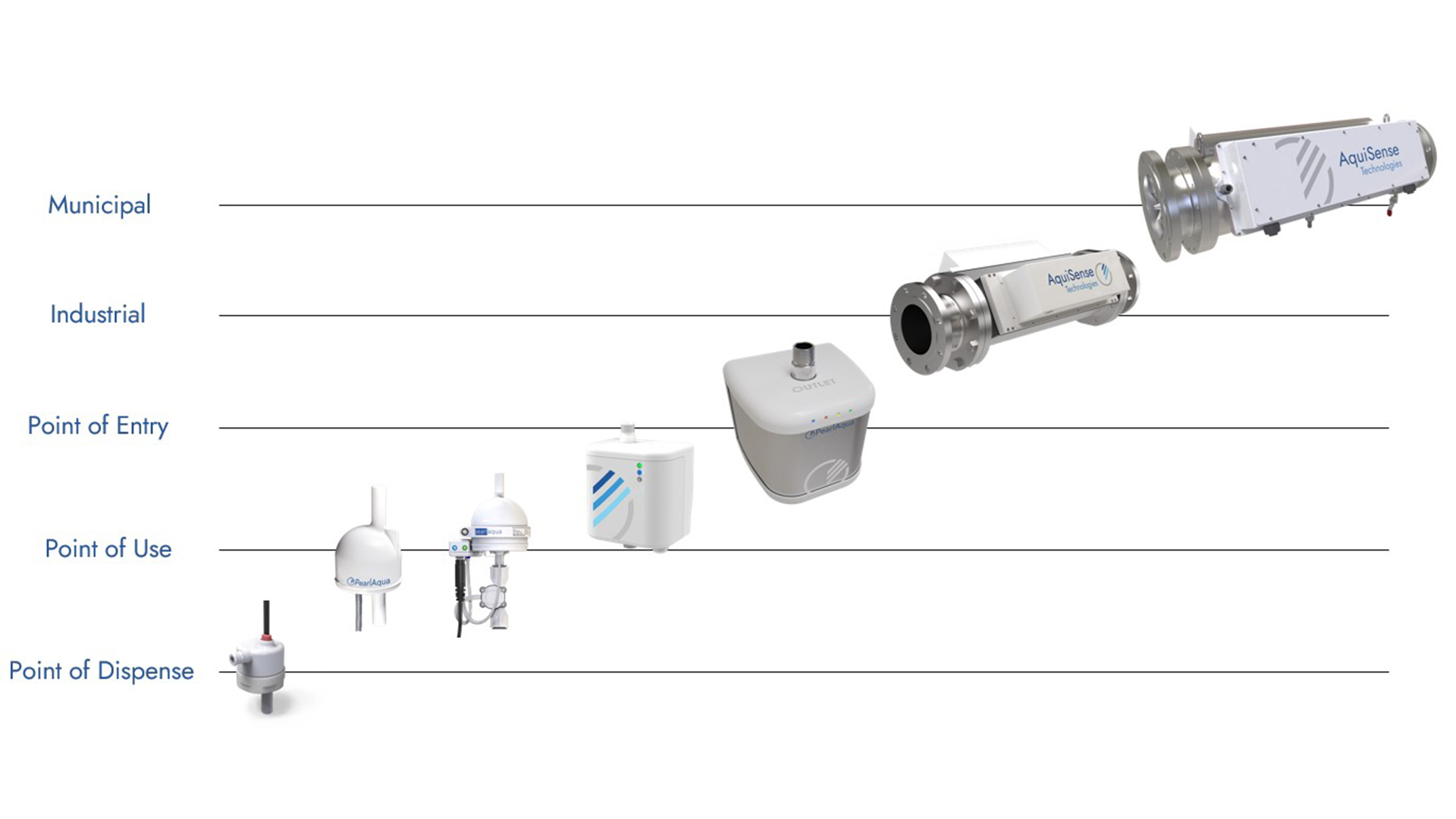Israeli Colonizers Uproot Olive Trees, Steal Harvest in West Bank – – IMEMC News
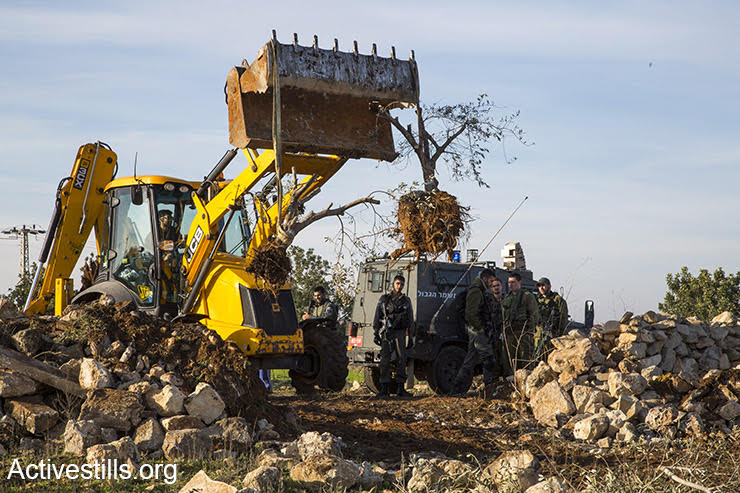
Report on Agricultural Violations in the Occupied West Bank and Their Impact on Sustainable Development Goals
Executive Summary
Recent events in the occupied West Bank indicate a systematic escalation of assaults on Palestinian agricultural lands. These actions, including the destruction of ancient olive trees, theft of harvests, and seizure of land, directly contravene multiple United Nations Sustainable Development Goals (SDGs). The incidents undermine food security, economic stability, environmental sustainability, and the fundamental principles of peace and justice, posing a significant threat to the sustainable development of Palestinian communities.
Direct Impediments to Sustainable Development Goals (SDGs)
The reported activities create severe obstacles to the achievement of several key SDGs:
- SDG 1 (No Poverty): Destruction of agricultural assets, the primary source of income for many families, directly contributes to poverty.
- SDG 2 (Zero Hunger): The theft of harvests and prevention of access to farmland critically undermine food security and local food production.
- SDG 8 (Decent Work and Economic Growth): Attacks on the agricultural sector cripple a vital component of the local economy, eliminating decent work opportunities for farmers.
- SDG 11 (Sustainable Cities and Communities): Forcible displacement of families and the creation of an insecure environment make communities unsustainable and unsafe.
- SDG 15 (Life on Land): The uprooting of centuries-old olive trees constitutes a direct assault on terrestrial ecosystems, biodiversity, and natural heritage.
- SDG 16 (Peace, Justice and Strong Institutions): These violations, conducted with impunity, erode the principles of justice, rule of law, and peace, which are foundational to sustainable development.
Analysis of Incidents and SDG Violations
A series of coordinated violations across the West Bank highlights a pattern of systematic dispossession impacting sustainable development.
-
Nablus Governorate: An-Naqoura and Deir Sharaf
Illegal colonizers invaded privately owned olive groves and stole harvests. This action is a direct violation of SDG 2 (Zero Hunger) and SDG 1 (No Poverty), as it deprives farmers of both food and income.
-
Salfit Governorate: Farkha Village
Ongoing assaults include cutting trees and using livestock to damage cultivated lands, preventing farmers from accessing over 75% of their groves. This severely impacts SDG 8 (Decent Work and Economic Growth) by disrupting agricultural livelihoods and contravenes SDG 15 (Life on Land) through the destruction of productive land.
-
Northern Jordan Valley: Al-Farisiya Area
Agricultural land previously seized from Palestinians is being prepared for planting by colonizers. This has led to the forced displacement of over ten families, a clear setback for SDG 11 (Sustainable Cities and Communities), which seeks to ensure safe and inclusive human settlements.
-
Qalqilia Governorate: Kafr Qaddum Village
Fifty centuries-old olive trees belonging to a local resident were uprooted. This act represents an irreversible loss of biodiversity and cultural heritage, directly undermining the targets of SDG 15 (Life on Land).
International Law and the Framework of SDG 16
The reported actions occur within a context where international law is consistently violated. The establishment of colonies in occupied territory is illegal under the Fourth Geneva Convention and multiple UN resolutions. This lack of adherence to international legal frameworks is a fundamental failure to achieve SDG 16 (Peace, Justice and Strong Institutions).
- Article 49, Fourth Geneva Convention: Prohibits the transfer of an occupying power’s population into occupied territory.
- Articles 53 and 147, Fourth Geneva Convention: Prohibit the destruction of civilian property and classify pillage as a war crime.
The failure to hold perpetrators accountable and enforce international law perpetuates a cycle of violence and injustice, making sustainable peace and development unattainable. The call from local councils for international pressure underscores the need for global partnerships (SDG 17) to uphold the rule of law as a prerequisite for achieving all other SDGs.
Analysis of Sustainable Development Goals in the Article
1. Which SDGs are addressed or connected to the issues highlighted in the article?
-
SDG 2: Zero Hunger
The article directly addresses food security and agriculture. The systematic destruction of farmland, uprooting of olive trees, and theft of harvests directly undermine the food sources and agricultural livelihoods of Palestinian communities. The text states, “Illegal Israeli paramilitary colonizers escalated their assaults on Palestinian farmland… uprooting ancient olive trees, stealing harvests.” This directly impacts food production and access.
-
SDG 8: Decent Work and Economic Growth
The olive industry is a critical source of income and employment for many Palestinians. By destroying olive groves and preventing farmers from accessing their land (“blocked Palestinian farmers from accessing over 75% of their olive groves”), the actions described in the article destroy livelihoods and undermine local economic stability, which is contrary to the goal of promoting sustained and inclusive economic growth.
-
SDG 11: Sustainable Cities and Communities
The article highlights the forced displacement of communities (“more than ten Palestinian families have been forced to leave the area”) and the destruction of cultural heritage. The “centuries-old olive trees” are not just agricultural assets but also a significant part of Palestinian cultural and natural heritage. The establishment of illegal colonies disrupts the safety and sustainability of existing Palestinian villages.
-
SDG 15: Life on Land
This goal is relevant due to the destruction of terrestrial ecosystems. The uprooting of “50 centuries-old olive trees” and the degradation of agricultural land represent a direct assault on the local environment, contributing to land degradation and the loss of biodiversity associated with these ancient groves.
-
SDG 16: Peace, Justice and Strong Institutions
This is a central theme of the article. It details violence (“opened fire towards Palestinians”), injustice, and the breakdown of the rule of law. The article explicitly states that the colonies are “illegal under International Law, the Fourth Geneva Convention” and constitute “war crimes.” This points to a lack of peace, a failure to provide justice, and the absence of effective institutions to protect the civilian population from violence and dispossession.
2. What specific targets under those SDGs can be identified based on the article’s content?
-
Under SDG 2 (Zero Hunger):
- Target 2.3: “By 2030, double the agricultural productivity and incomes of small-scale food producers…” The article describes actions that directly contradict this target by destroying the means of production (trees and land) and stealing the harvest, thereby decreasing productivity and income.
- Target 2.4: “By 2030, ensure sustainable food production systems and implement resilient agricultural practices…” The destruction of “ancient olive trees” and seizure of farmland is the antithesis of ensuring sustainable and resilient agriculture.
-
Under SDG 11 (Sustainable Cities and Communities):
- Target 11.4: “Strengthen efforts to protect and safeguard the world’s cultural and natural heritage.” The “centuries-old olive trees” represent a form of living cultural and natural heritage that is being deliberately destroyed, as noted when “colonizers… uprooted 50 centuries-old olive trees.”
-
Under SDG 15 (Life on Land):
- Target 15.1: “By 2020, ensure the conservation, restoration and sustainable use of terrestrial and inland freshwater ecosystems…” The article details the ongoing destruction and seizure of agricultural land (“resumed work on agricultural land previously seized”), which is a direct violation of the principle of conservation and sustainable use.
-
Under SDG 16 (Peace, Justice and Strong Institutions):
- Target 16.1: “Significantly reduce all forms of violence and related death rates everywhere.” The article provides multiple examples of violence, including “assaults on Palestinian farmland,” colonizers who “opened fire towards Palestinians,” and “coordinated attacks.”
- Target 16.3: “Promote the rule of law at the national and international levels and ensure equal access to justice for all.” The article’s emphasis that the colonies are “illegal under International Law” and that actions like pillage are classified as “war crimes” highlights a complete failure to uphold the rule of law and provide justice for the affected Palestinians.
3. Are there any indicators mentioned or implied in the article that can be used to measure progress towards the identified targets?
-
Indicators for SDG 2 & 15:
- Number of trees destroyed: The article provides a specific figure: “uprooted 50 centuries-old olive trees.” This is a direct indicator of agricultural and ecological destruction.
- Area of land inaccessible to farmers: The article quantifies this by stating a colonial outpost “has since blocked Palestinian farmers from accessing over 75% of their olive groves.”
- Incidents of harvest theft: The text mentions that colonizers “stole olive harvests,” which could be tracked as an indicator of lost income and food supply.
-
Indicators for SDG 11 & 16:
- Number of people/families forcibly displaced: The article states, “more than ten Palestinian families have been forced to leave the area,” which is a direct measure of displacement.
- Number of violent attacks: The article describes numerous incidents, such as “escalated their assaults,” “coordinated attacks,” and “opened fire,” which can be counted to measure the level of violence (Target 16.1).
- Documented violations of international law: The village council “is documenting these violations with photos and videos.” The article itself cites violations of Articles 33, 49, 53, and 147 of the Fourth Geneva Convention, serving as an indicator for the failure to uphold the rule of law (Target 16.3).
Summary Table of SDGs, Targets, and Indicators
| SDGs | Targets | Indicators |
|---|---|---|
| SDG 2: Zero Hunger |
|
|
| SDG 11: Sustainable Cities and Communities |
|
|
| SDG 15: Life on Land |
|
|
| SDG 16: Peace, Justice and Strong Institutions |
|
|
Source: imemc.org

What is Your Reaction?
 Like
0
Like
0
 Dislike
0
Dislike
0
 Love
0
Love
0
 Funny
0
Funny
0
 Angry
0
Angry
0
 Sad
0
Sad
0
 Wow
0
Wow
0




